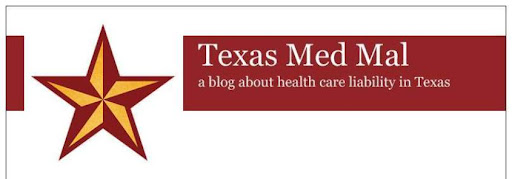In this appeal from a jury verdict, the Court considered and overruled six evidentiary challenges. In their last point on appeal, THI argued that the trial court's verdict should be modified to reflect the damages limitations in Chapters 41 and 74 of the Civil Practice and Remedies Code.
The Court first held that the overall damages cap was applicable. Because the judgment did not exceed the cap, the trial court properly applied it.
The Court then considered whether 74.301(b) could be applied in conjunction with 74.303. 74.301(b) limits non-economic damages. The Court found that because the two statutory provision do not conflict on their faces, they should both be applied to health care liability claims. Thus, in this case, the trial court should have limited plaintiffs' non-economic damages to $250,000. Plaintiff was not required to affirmatively pleas this as a defense in order to have the cap applied.
Finally, the Court held that the exemplary damages cap in 41.008 did not need to be affirmatively pled and should have been applied. The Court also noted that the cap in 41.008 could be applied in conjunction with that in 74.303.
